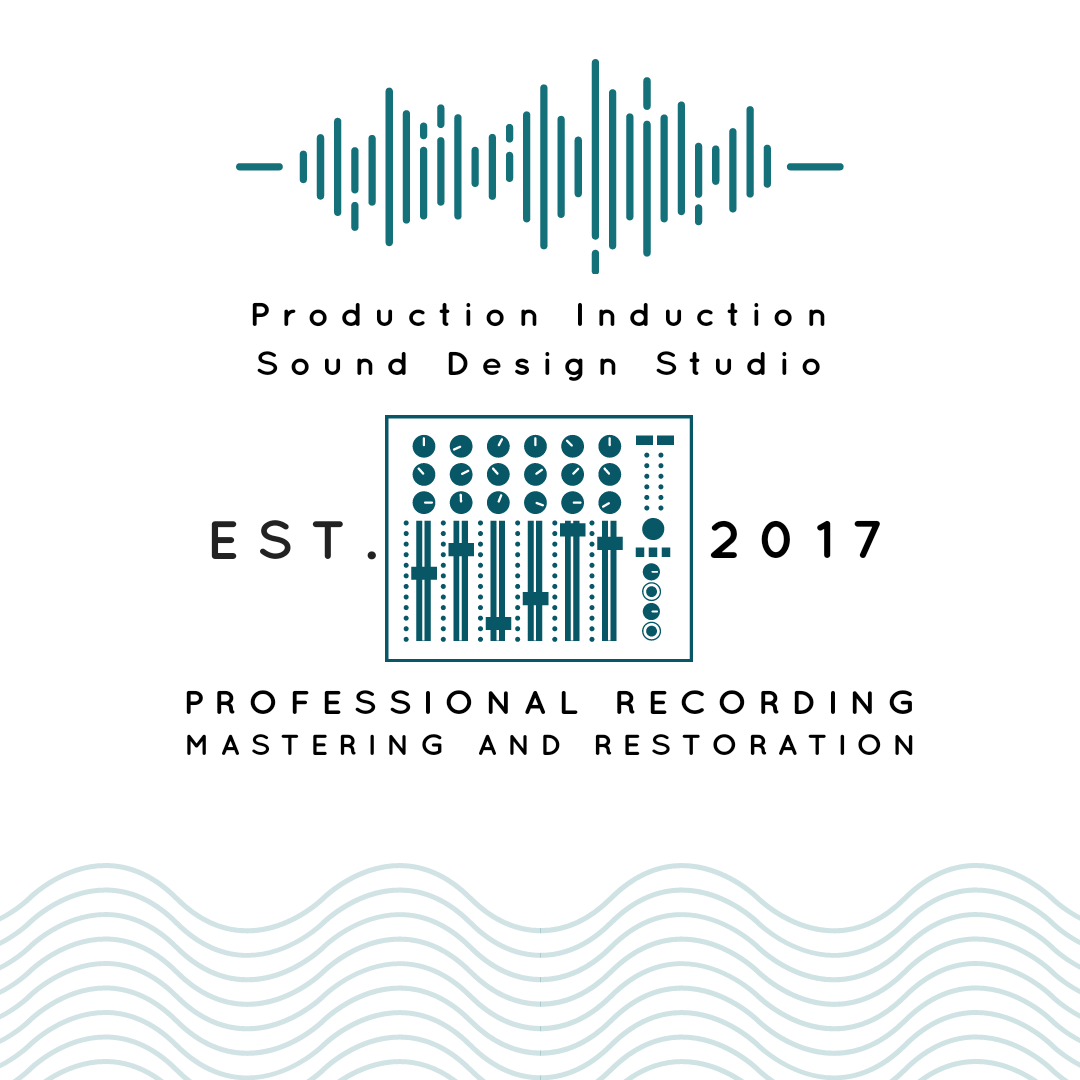Controlled Signal vs. Noise Processing
Growing up with computing devices always at hand has posed some threat to my attention span and ability to focus; injecting unwanted information into my life, and having instantaneous access to information I seek has made me dependent on the networks that provide this capability. I have attempted to find a curated and thoughtful balance by training my curiosity to adhere, but it has not been without trial and error. With the popularity of media companies taking advantage of new “pull” rather than “push” media through the Internet, I realize that I have been determining moreover than my predecessors, exactly what information I desire. I am living with more information than ever before, of which the ability to control what information is accessible to me is becoming more dependent on networks that I do not have direct control over. My physical memory has to work less because analog digitization has allotted me the convenience of representing information virtually, an example being through a hard-drive filled with photographs and videos, rather than memories reminisced upon in my mind. I think that although I have more control over what information I can obtain, I am subject to network administration that retains the information I may desire. I would say that I have become an information processing device sorting a “signal” from “noise”, pulling what I want to know from endpoint devices through routers and virtual servers maintaining access to physical resources on a network. I have been presented with more unwanted information than my ancestors, and have had to regulate my attention. The ability to know almost anything from anywhere does allow my curiosity to carve paths that are time-consuming and wasteful. From scrolling for what feels like forever on mobile applications, to watching videos endlessly online, one can become lost in the “noise” of unwanted information. Social engineering of people’s identity has become much more prevalent with the convenience of accessible information. Those who want to find information for malicious purposes, have more public access to it than ever before, especially with the advent of social media. On the other hand, people can access specific information created by other people, accessible through networks, that can change their whole perspective and send them on a new direction in life. For example, I was able to find exactly the type of machines I wanted to purchase to be able to make music similar to that which I listened to, to actually be able to control my own “signal-flow”. If I had never been able to access the music that made me want to discover the underlying production value, I would have never decided to spend time and effort sorting through the “noise” that would show me exactly what I found myself interested in. Although this is only a simple example, the flow of information has never before been so prevalent as to influence people so quickly. I think that there is a danger in becoming an “information processing device”, which is much less than what people solely are. With accessibility becoming ever-more present with the pursuit of edge-computing, people should learn to become more aware of how they are differentiating “noise” from “signal” on a personally identifiable basis.
